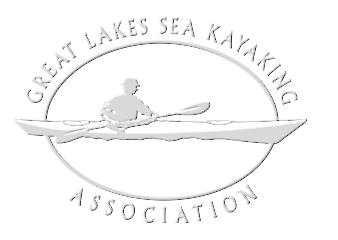The benefits of continued learning are many. For some of us this means learning new things for the first time. For others it may be getting a refresher on things that we knew but have either forgotten or not practised for some time.
I recently had the opportunity to take a wilderness first aid course sponsored by White Squall. The range of ages of the participants was from teens to 50’s something. I was impressed by the fact that about 1/3 of the participants were White Squall employees ensuring that any of their teaching and tripping outings will be that much safer for the training that Tim provides his staff.
Wilderness Medical training teaches you protocols and skills that you will not find in a standard first aid course with Red Cross or St. John’s Ambulance. Urban taught first aid courses focus on patient stabilization while you wait for qualified medical personnel to arrive and take over. Wilderness First Aid takes things to the next level and assumes that it will be many hours or even days before outside assistance may arrive. Many of the protocols taught teach you skills and procedures that can only be used if you are unlikely to receive outside assistance for several hours or more. Some of these may include how to inject epinephrine, when to cease administering CPR, how to best remove an embedded object, or how to check and clear a possible spinal injury. Advanced procedures for diagnosis and preparation for transport in remote settings are also taught through various practice scenarios. It is my hope that I will never have to use any of these newly learned skills but if that were to happen hopefully I will be of greater assistance that I would have been before the training. A recent two day Wilderness Medical course was hosted by the Halton Outdoor Club who extended an invitation that was accepted by several GLSKA members to attend.
Paddlepallooza is an annual training and teaching event put on by the Ontario Sea Kayak Centre held in the Parry Sound area. This year the event was well attended by many of the top sea kayak instructors from various parts of the country. Some of these instructors brought ocean and tidal skills from the east coast to share with participants, while others focused on techniques and weather interpretation. I was encouraged to find in attendance a number of GLSKA members. For all who attended there were seminars and on-water training to add to your kayaking knowledge and practice advanced paddling and rescue skills. The event provided time to get reacquainted with old friends, make new ones, and partake in socializing that included live entertainment on the Saturday night.
One of our members Sarka Lhotak is organizing several paddling trips ( Exploring Georgian Bay Geology I, Exploring Georgian Bay Geology II) that offer the opportunity to become better acquainted with the Georgian Bay region. The trip will be run in conjunction with members of the Georgian Bay Trust. Participants will take part in a geological walk lead by Dr. Nick Eyles, professor of geology at U of T. I expect that learning will include a better understanding of the geological features and their formations that we see in the region.
The upcoming Rendezvous will also provide additional learning and sharing opportunities from sessions run by both White Squall staff and fellow members. I am encouraged by the many people who emailed me expressing an interest in attending many of the sessions. There are some spots available for those that did not participate in the Early Bird lottery process. Those openings will be available for selection by those not already assigned to sessions, when they arrive and register on site at Rendezvous. It is my hope that you will leave Rendezvous with some new skills and learning that will benefit your kayaking experience in the future. Of course meeting up with old friends, making new ones, and having lots of fun should also be part of your weekend.
